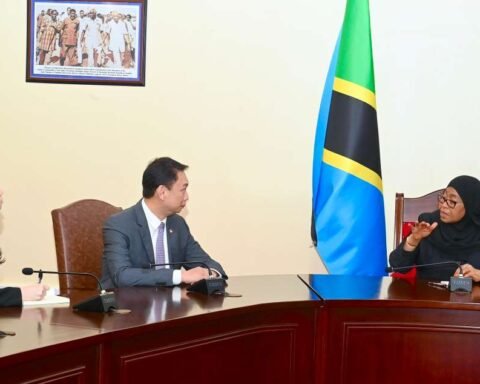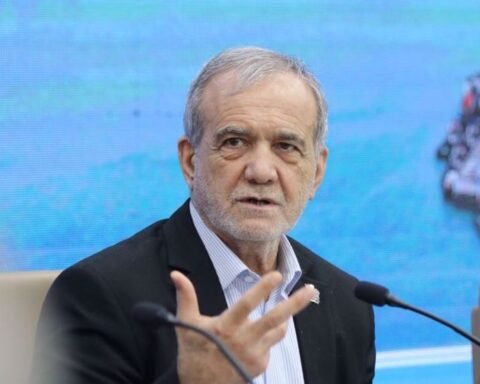Israel’s parliament recently voted to prohibit operations of the United Nations Relief and Works Agency for Palestine Refugees in the Near East (UNRWA)
within its borders, a move with potential implications for the nearly six million Palestinian refugees served by the agency. UNRWA, which provides essential services in areas like education, health care, and social services across the occupied West Bank, Gaza Strip, Jordan, Lebanon, and Syria, has faced longstanding opposition from certain Israeli lawmakers who argue it perpetuates the refugee status of Palestinians.
In defense of the move, supporters within the parliament argue that the agency fosters anti-Israel sentiment and perpetuates challenges to Israel’s sovereignty and security. They also raise concerns over allegations of bias in UNRWA-run schools and other educational programs, pointing to content perceived as inflammatory or opposed to Israel’s legitimacy.
UNRWA officials and numerous international observers have criticized the ban, highlighting that the agency’s presence and operations in Palestinian refugee communities are essential to maintaining stability in the region. Philippe Lazzarini, Commissioner-General of UNRWA, expressed disappointment in Israel’s decision, warning it could exacerbate humanitarian needs and tensions.
Read More; Majaliwa, Russian Minister Discuss Key Economic Partnerships
The UN agency has asserted that it operates strictly within international standards and that it provides critical services to marginalized communities, which, in the absence of UNRWA, would face heightened vulnerability.
This recent decision adds a new layer to the ongoing challenges facing Palestinian refugees and raises questions about the future of UN operations in the region.







